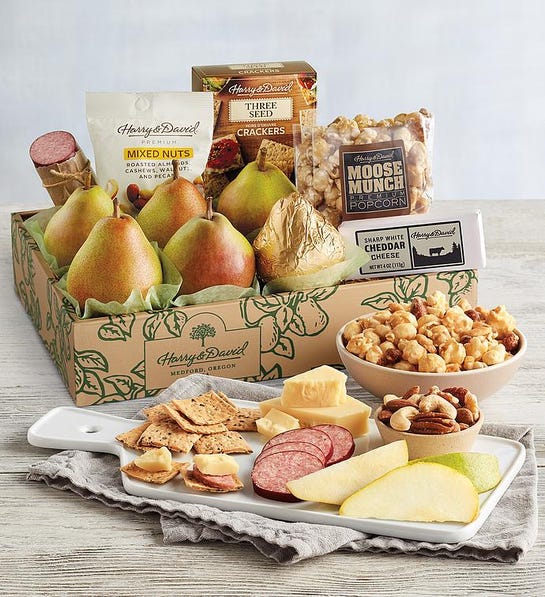The Highgrove Christmas Basket – Fortnum & Mason
Inspired by the private gardens of HRH The Prince of Wales, The Highgrove Christmas Basket is born from a collaboration between Fortnum’s and Highgrove Estate. Filled with all sorts of organic wonders – from morning teas and evening tipples to sweet delights and scrumptious savoury spreads – a day of truly exquisite feasting awaits.
Inspired by the private gardens of HRH The Prince of Wales, The Highgrove Christmas Basket is born from a collaboration between Fortnum’s and Highgrove Estate. Filled with all sorts of organic wonders – from morning teas and evening tipples to sweet delights and scrumptious savoury spreads – a day of truly exquisite feasting awaits.
What’s in the wicker
Did you know? The price of a Fortnum’s hamper is always less than the cost of buying its contents and Wicker individually.






Reviews
There are no reviews yet.